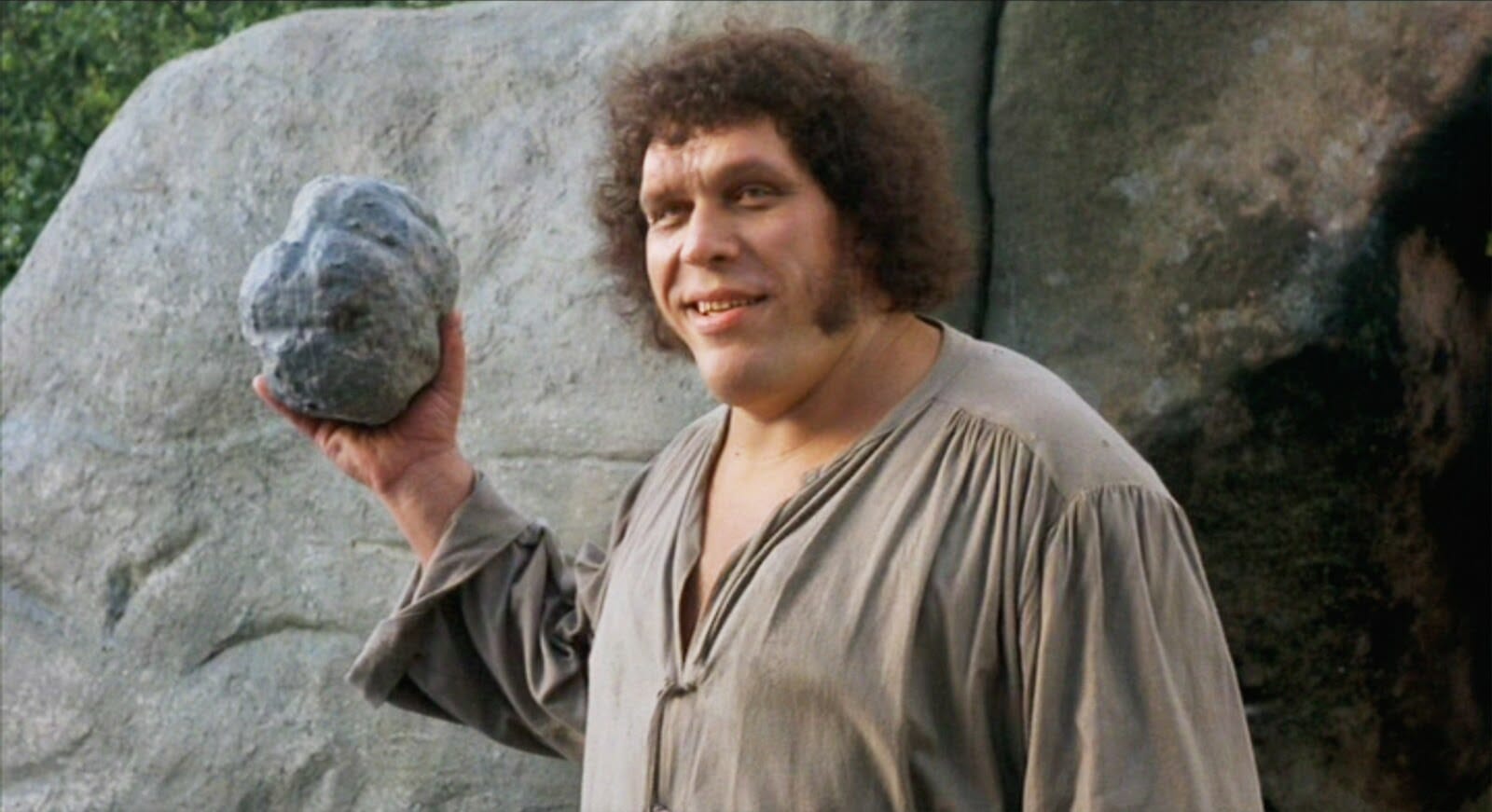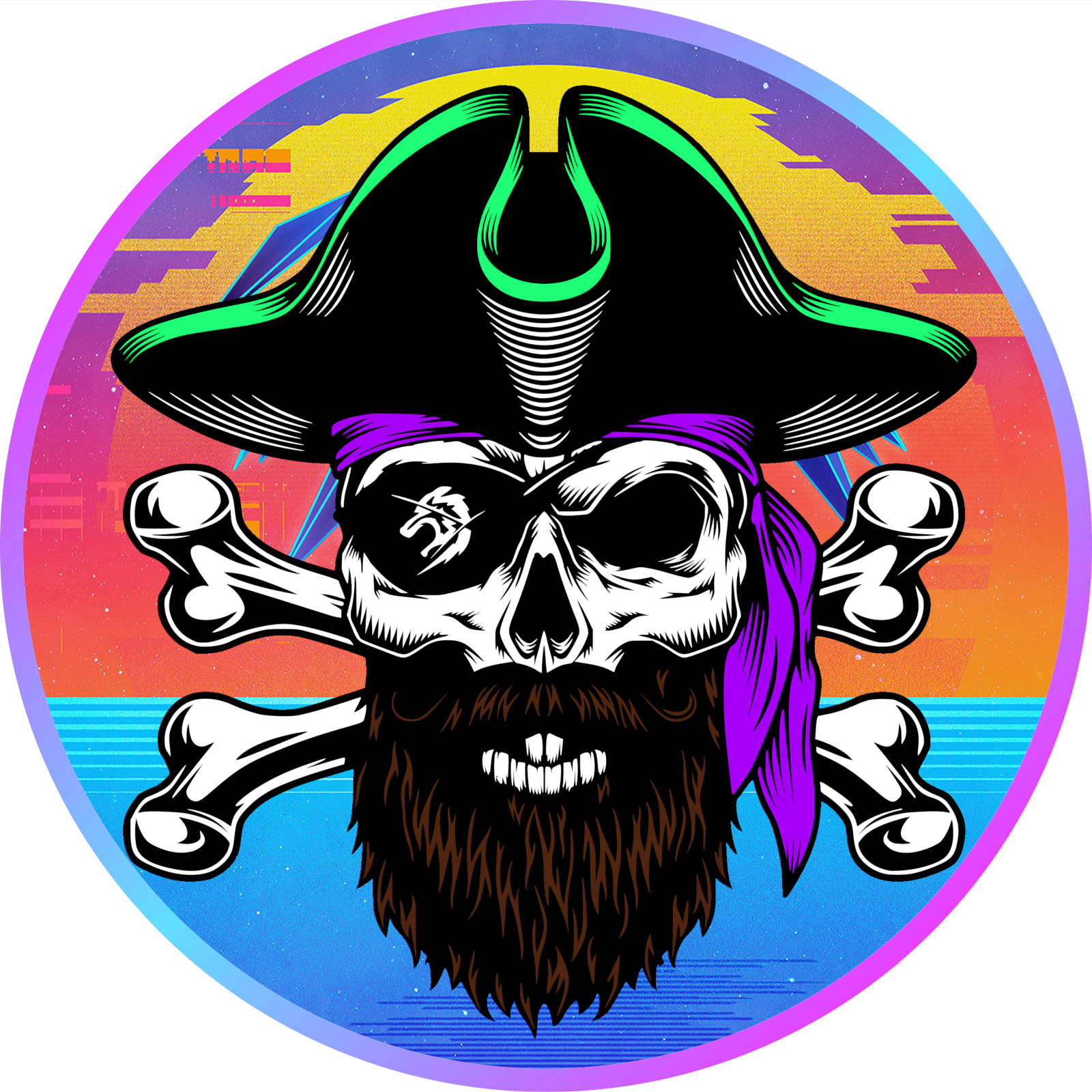Ah yes, I’m going to need that prescription for a 4090 and a ryzen7 7800x3d ASAP doc.
Still cheaper than prescription medication
True
Sorry. Your insurance will only cover an Xbox 360.
and the controller has a mushy A button and stick drift
And it’s not even the original controller, just some third party one for 12 bucks
Generics are NOT ok.
At that point it might do the exact opposite and induce trauma and rage
That would be amazing! You will finally be able to run Dragons Dogma 2 with 55 fps in the city 😊!
dont forget the 4x8tb nvmes and 128 gigs of ram
People have certainly used the escapism of video games as a form of self-medication for quite a long time now, so that makes a lot of sense that they could have a more clinical application for depression and anxiety. I hope this can become some sort of medical regimen. Imagine developing games that are not only fun, but are designed by psychologists to treat depression and anxiety.
I don’t think it will replace medication, but it could certainly be an excellent complimentary treatment.
designed by psychologists to treat depression and anxiety.
They already hired them to design the microtransactions.
I wish you were wrong.
so pretty much the opposite
Someones happy about the profit…
Imagine developing games that are not only fun, but are designed by psychologists to treat depression and anxiety.
It’s called the original Peggie!
Also, game developers are already doing that subconsciously and consciously as artists. Scientists may be able to explain why certain game elements effect people in certain ways but the idea that the science and medical industries can build games that help with anxiety and depression more than game developers with similar objectives is I think a common misunderstanding.
Scientists might be able to show that certain types of music powerfully impact people emotionally, but that doesn’t mean that scientists are able to take that information and make music that maximally emotionally impacts people.
We need artists to do that, and they already are with video games the problem is the industry treats it’s workers like trash.
The original Peggle is extraordinarily good at just making you feel good and calming you down. Then it had its spine ripped out in a Mortal Kombat finishing move by EA when they bought Popcap.
Artists can work hand-in-hand with medical professionals. It’s something that has happened for a long time. Using actual medical science in the development of video games used as therapy is a hell of a lot better for people with depression than just playing Peggle.
Can you provide sources and proof of this? That game development led by medical professionals results in video games that are any more effective at positively impacting mental health than similar games from similar genres?
There isn’t any, because it is hogwash. An artist doesn’t need to understand science to make a video game that makes people feel happy and calm, but a medical professional DOES need to understand how to be an artist to do so. There chances are MUCH higher that the artist is going to solve the problem, they just won’t know why like the scientist will.
All these apps and games I have seen developed by companies trying to target video games as a treatment all utterly fail to understand how complex, subtle and ultimately mysterious game design is. This isn’t something that can be solved with a formula or the scientific method, this is game design, it is an art form and must be approached fundamentally from the angle to create a work of art that will repeatedly engage people.
Using actual medical science in the development of video games used as therapy is a hell of a lot better for people with depression than just playing Peggle.
“Just playing Peggle” is funny because countless people and a Popcap issued study report that Peggle is an immensely calming experience. The original Peggle and Peggle Nights among those who have played them are almost universally described as being one of the most anodyne, calming experiences in video games.
Sorry… you want me to provide evidence for something that hasn’t happened yet?
And you really think that non-medical professionals are just as good at treating mental health problems than medical professionals?
Are you one of those people who tell people with depression to stop feeling sorry for themselves?
And you really think that non-medical professionals are just as good at treating mental health problems than medical professionals?
No I am claiming medical professionals and ESPECIALLY the medical industry in all its incredible dysfunction is laughably equipped to create video games that will meaningfully impact people in any fashion.
Video games are art, you need artists to make them. I am ok with medical professionals being consulted but the way that expertise is valued in modern capitalism you know the artists are going to end up being steamrolled by an inherent bias towards STEM thinking even when the scientists are completely out of their wheelhouse trying to make an interactive work of art.
I am not anti-science and I would never tell someone with depression to just stop feeling sorry for themselves. I have been hurt way too much from the other side to ever want to do that.
If video games are only art, they cannot treat clinical depression.
The very fact that there is evidence that they do means that science can be used to determine in what ways they do and design games around methods based on those ways.
That might involve things like MRIs studies involving playing various games to see what and how the brain of someone with depression reacts to various game conditions and then designing a game which is informed by those MRI results.
Of course you need artists involved in making games. But that doesn’t mean artists must make games with no assistance from anyone anywhere else. Educational professionals are involved in educational games all the time. And they often educate. Why would getting psychologists involved in mental health games be any different?
If video games are only art, they cannot treat clinical depression.
Wow…
This is the same boring argument people make about music theory being so incredibly important to making music that impacts people and yet music theory can only attempt to describe why something worked, it can never provide blueprints for inspiring art that actually changes people.
This is ultimately the problem with scientific thinking applied to art, science can only ever value what it can measure and the first thing any artist will tell you about making art is that literally every part of the process matters to the end product. Scientists, going into this process with the objective of creating something that will create a specific measurable effect are always going to butcher the whole thing, because they aren’t trained to listen to their subconscious and intuition in the design of subtle elements that don’t seem relevant to the metrics that matter.
And seriously…. are you honestly making the claim that art made for arts sake cannot help patients treat their clinical depression? Hahahahahaha just ask all the depressed healthcare professionals being brutally exploited and ground down by a for-profit healthcare system what they do after work to help recover their mental health, they binge tv shows made by artists (or play video games :) ).
I’m gonna just leave this link to the official speedrun.com asset page that may or may not have a freely available Android APK of the original Peggle Deluxe that works on modern devices.
Thank you for your service
Superliminal has entered the chat.
I don’t know if it actually had any medical staff involved, but it certainly has the feel of a therapy session wrapped up in a portal style puzzle game.
but are designed by psychologists to treat depression and anxiety.
KotOR II: TSL and Disco Elysium kinda fit here, understanding how they do it would be a good start.
Personally, I’ve found immersive roleplay in video games to be incredibly therapeutic. As well as creating some distance from personal trauma and being able to kind of exist in a space outside of yourself, it creates opportunities to have experiences that you could never (and potentially should never) have in real life.
It’s an opportunity to experience a kind of emotional catharsis in a safe environment where others are on board with playing out intense feelings. It can be a space where you can push your own comfort zone and stretch your confidence and capabilities.
I’ve managed to work through stuff that it would have taken me forever to unpack if I didn’t get to repeat patterns in roleplay and really see how they play out in a way that was harder in my own life.
I’ve gotten so much better at establishing boundaries and seeing when people are trying to push at them or ignore them, and I know how to handle that now without feeling powerless. I played a few villains and anti-heroes, and one of them picked up this habit of getting right up in people’s faces and saying hello; I’m nowhere near as brazen, but the practice made it much much easier to quickly develop a rapport with someone. Sometimes going to the laundromat feels like doing crowd work, which is great for someone with more than a few signs of thankfully currently mild agoraphobia. There are times when I do run into panic or anxiety when I’ve gotten myself out of it by sort of invoking the strength of one of those characters, because they’re not afraid of a damned thing and they’re me.
Anyway, video games are great but roleplay in the right game is absolutely next level. It’s like remembering dozens of incarnations or something. It’s wild and we don’t really talk about how wild it is because the outside world seems to view it as childish and embarrassing, which is a major loss for them.
Disclaimer: I’m writing it how I understood your comment through myself.
Personally, I’ve found immersive roleplay in video games to be incredibly therapeutic. As well as creating some distance from personal trauma and being able to kind of exist in a space outside of yourself, it creates opportunities to have experiences that you could never (and potentially should never) have in real life.
Exactly the opposite for me. I started playing games again (at around 17 after almost stopping while being 12-15 years old) to deal with, eh, teenage trauma, thinking that’ll help.
But it didn’t, it’s just like sleep, a way to skip time. You may skip years like that. It’s not good, actual life is still better.
It can be a space where you can push your own comfort zone and stretch your confidence and capabilities.
See, this is not true. Game characters work in different ways than real people.
Anyway I think most people have sufficiently vivid imagination for games to be inferior for this kind of thing.
Panic and anxiety in the actual life are the problem. Playing more video games or reading more fiction won’t help that, because these likely have a therapeutically findable reason.
Games consistently work in a discrete way, check these marks - you won, forget one - you lost, or something like that. Life doesn’t work like that. Life doesn’t break even when things break in your hands if you don’t stop. Also life is finite, we live and then we die. There are things impossible to get right, things impossible to understand, things impossible to try again, things where there’s nothing to understand.
I’d rather read Dao De Jing.
I love the Tao te Ching. It’s good stuff.
I’ve definitely seen people who don’t seem to benefit at all from roleplay, but I’ve also seen it be a means for people to open up and develop confidence and self-determination. I think it really depends on the person and their life.
As far as sleep, it’s a lot more than a way to skip time. You do some of your best learning in your sleep.
Yes, my comment is hardly comprehensible now for me, I wouldn’t understand it if I weren’t, eh, me.
I meant that a bit of playing some games (where writing and roleplay and other things not too strongly defined by mechanics are more important) is good.
Just preparing for real life events or processing some trauma via games where you can win or lose depending on some clear objectives won’t work. Like Paradox strategies, these suck you in easily, but I don’t think there’s any good influence in them. Or like MMOs.
As far as sleep, it’s a lot more than a way to skip time. You do some of your best learning in your sleep.
Yes, bad way to say it.
I love the Tao te Ching. It’s good stuff.
Yes, it says what I was trying to say much clearer and many other smart things, so.
When I say roleplay, I don’t mean like a game with some roleplay-oriented objectives and scripted progress, or a bit of casual RP in a game between players who just run into one another.
I mean like months of deep immersion into characters and arcs that culminate in some really crazy and emotional stuff.
Like this:
Here is an alternative Piped link(s):
https://www.piped.video/watch?v=KB21Ii3XXNE
Piped is a privacy-respecting open-source alternative frontend to YouTube.
I’m open-source; check me out at GitHub.
“The goal is to make the town progress by improving the resilience of its inhabitants,”
Sounds a bit like Stardew Valley?
Rimworld comes to mind as well, pretty much any colony management or “life sim” style game.
Applies equally to Frostpunk… hmm…
Frostpunk isn’t really good for my anxiety ^^
Timers are really bad for anxiety.
kids since the 70’s : we been knew
Oh shit I gotta get an atari emulator
Getting Over It with Bennett Foddy
Video games: A promising tool for inducing anxiety and depression
Title makes it sound like a tool for giving anxiety and depression 😂.
That’s just Dark Souls
Dark Souls is a great metaphor for depression. You go hollow when you give up. It’s by persevering and overcoming obstacles that we find not only joy but meaning.
People who think dark souls is hard or tilting never played online games
Must have an HMO











